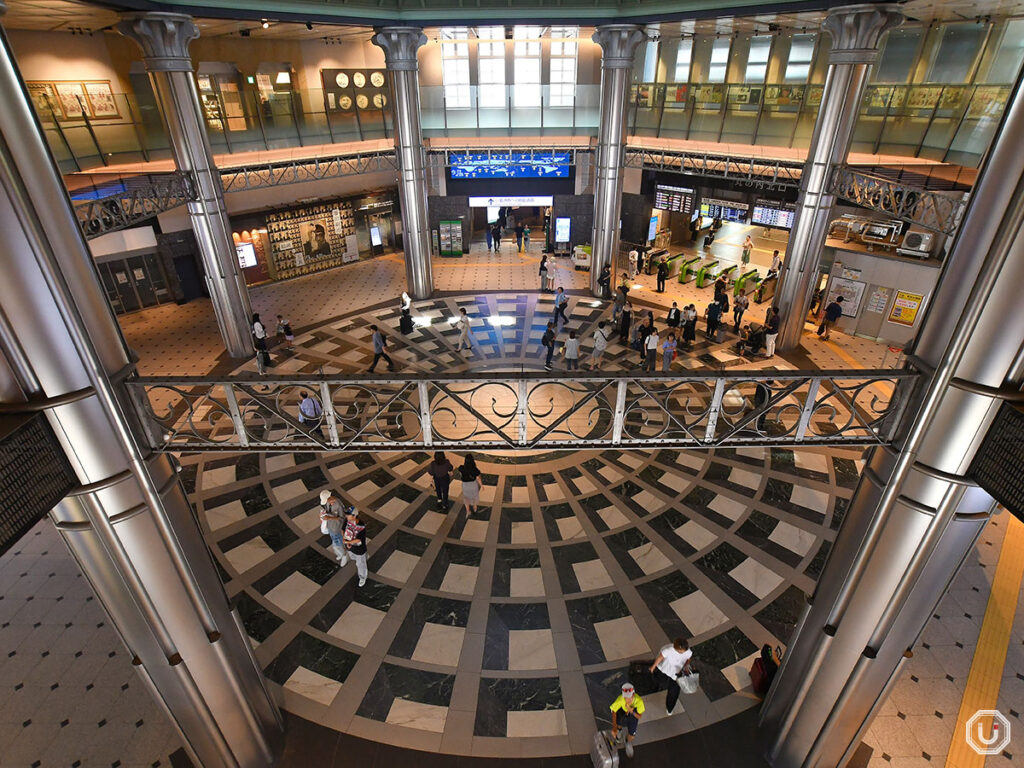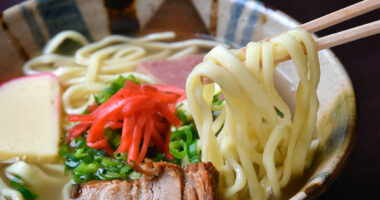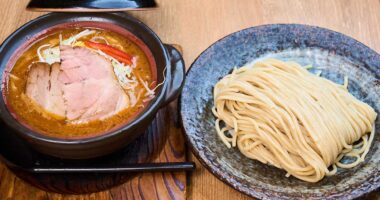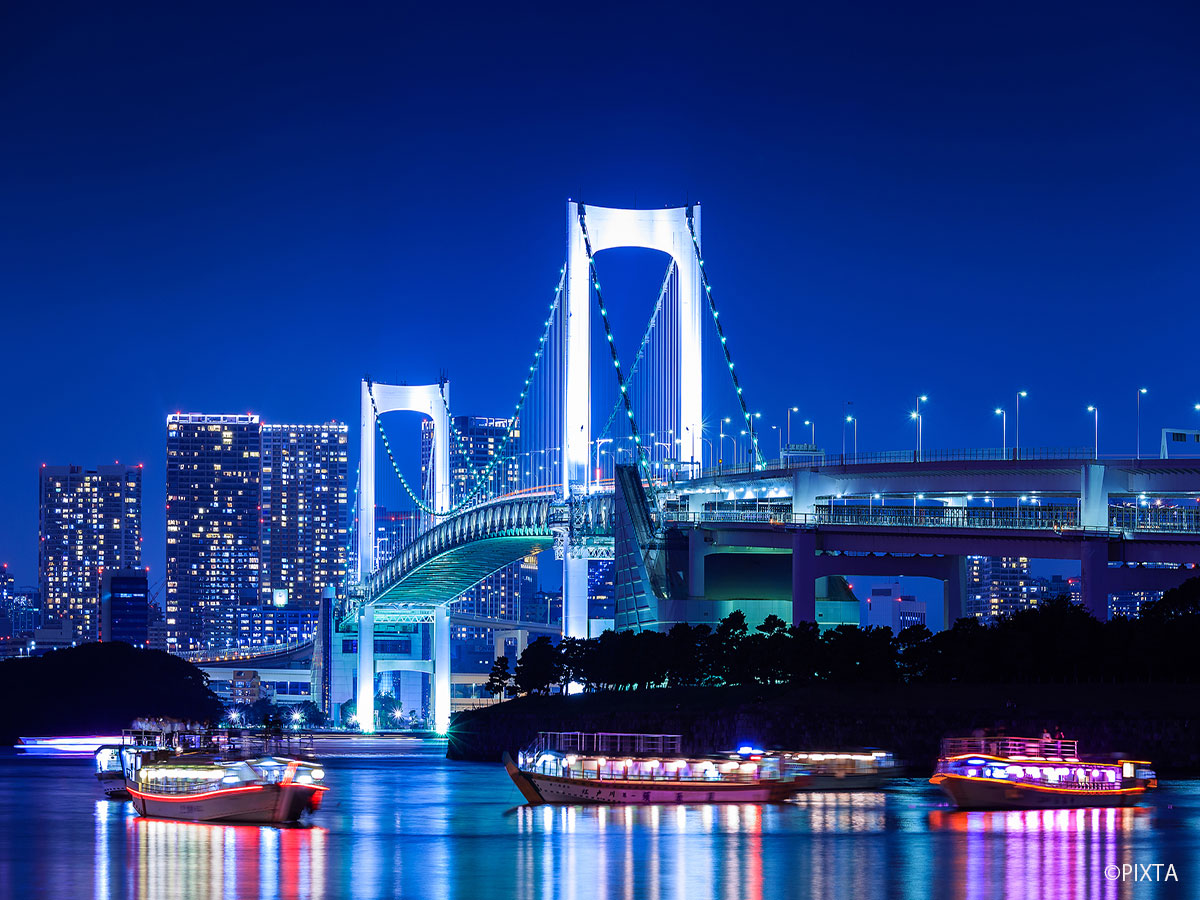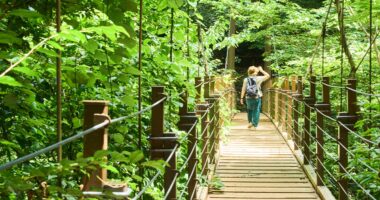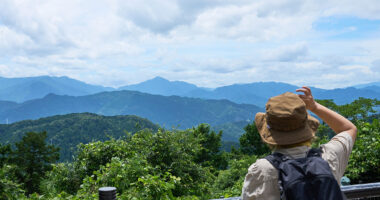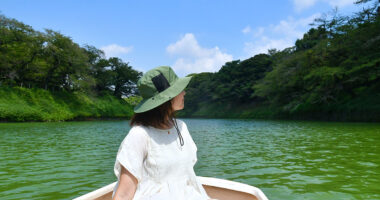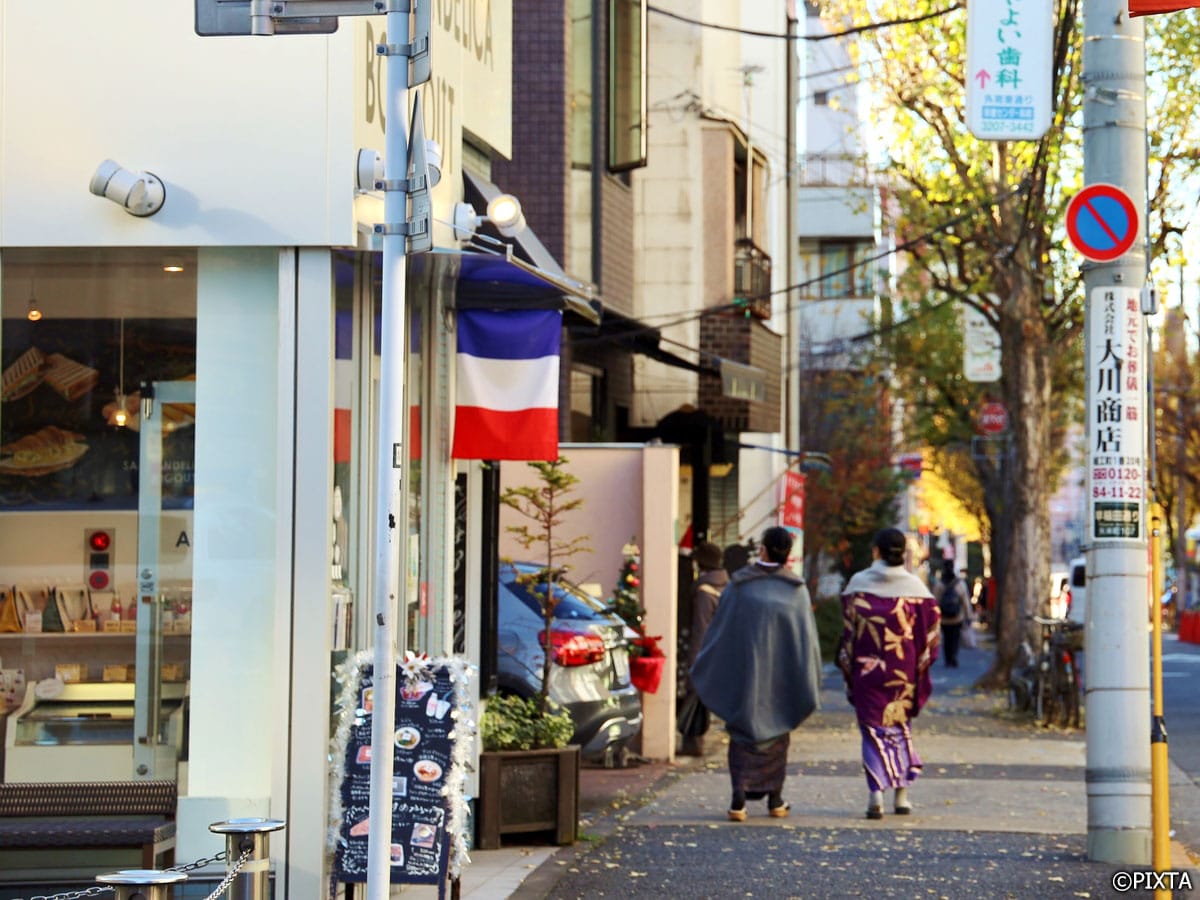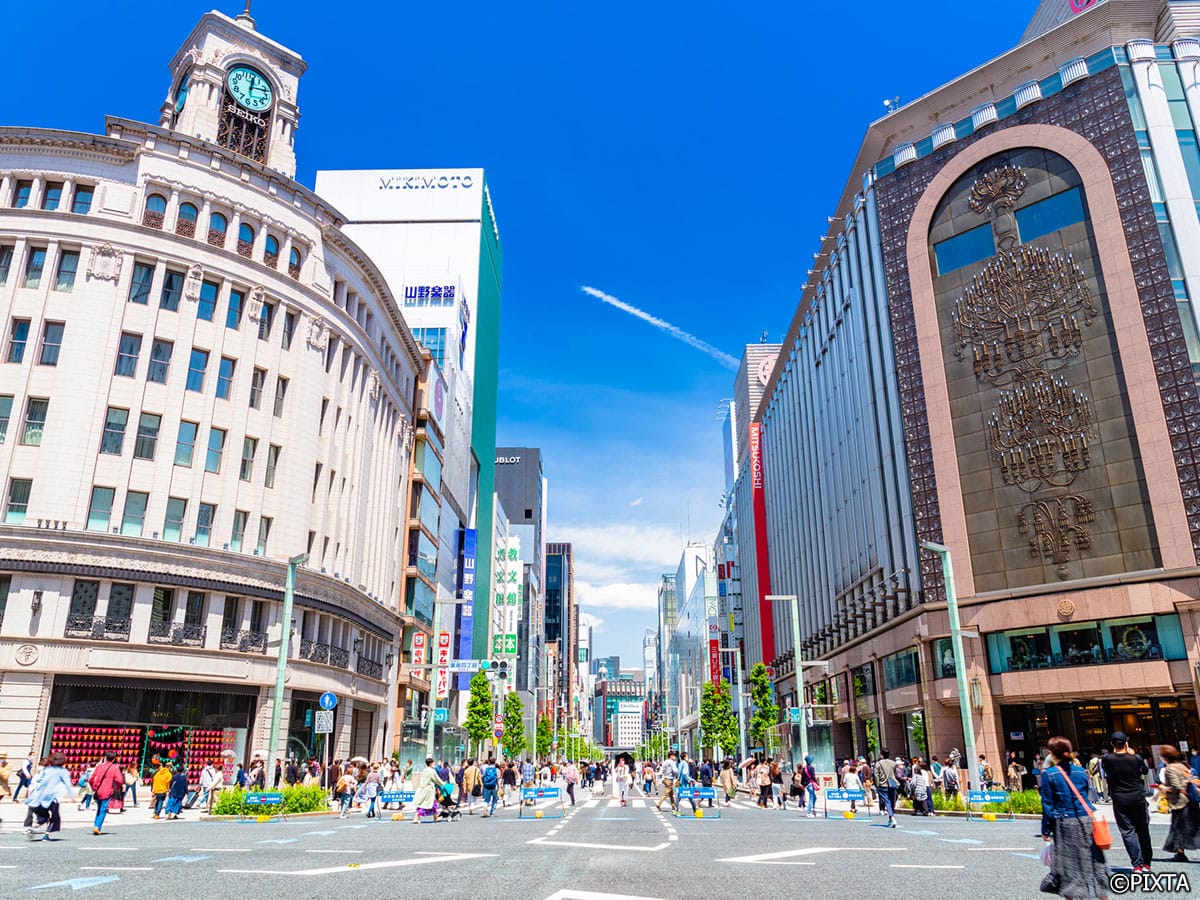Every day, about half a million people pass through Tokyo Station, one of Japan’s largest terminals.
But did you know that inside this still-active station stands a museum that has preserved more than a century of memories?
That museum is the TOKYO STATION GALLERY (hereafter referred to as the “Tokyo Station Gallery”), a special space where the building itself becomes part of the exhibition.
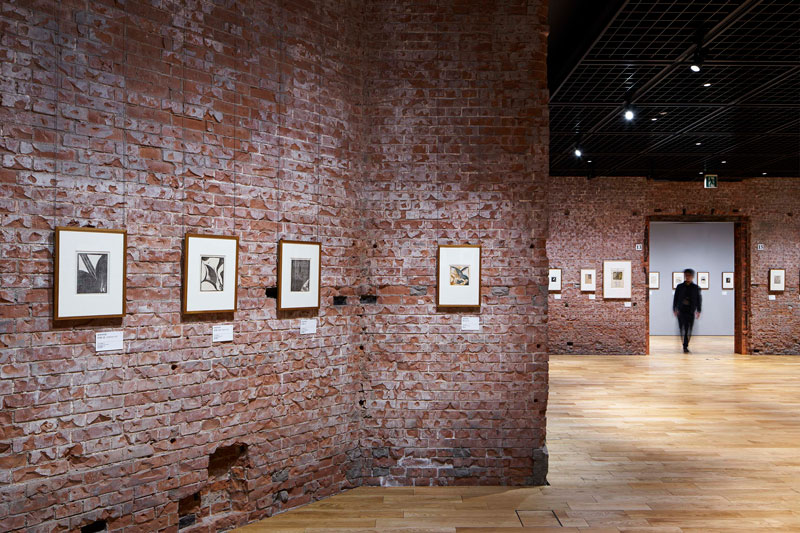
Second-floor exhibition room at the Tokyo Station Gallery ©Tokyo Tender Table
A journey through time begins the moment you exit the ticket gate
The Tokyo Station Gallery is located just steps from the Marunouchi North Exit of Tokyo Station—turn right and in less than five seconds you’ll leave the busy crowds behind and enter a serene space wrapped in red brick.
Here, special exhibitions range widely—from masterpieces by Picasso and Chagall to shows spanning painting, design, and photography. The museum is not only a place to experience art, but an artwork in itself, where history and creativity blend seamlessly.
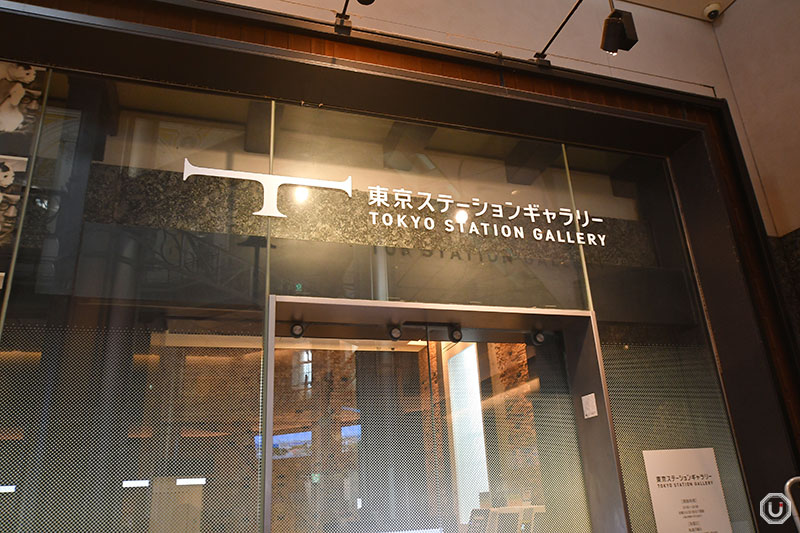
Entrance of the Tokyo Station Gallery
Exhibits etched with over a century of history
One of the museum’s most striking features is its walls. The revealed structure of the red bricks, laid more than 100 years ago remains, greeting visitors with the weight and warmth of history itself.
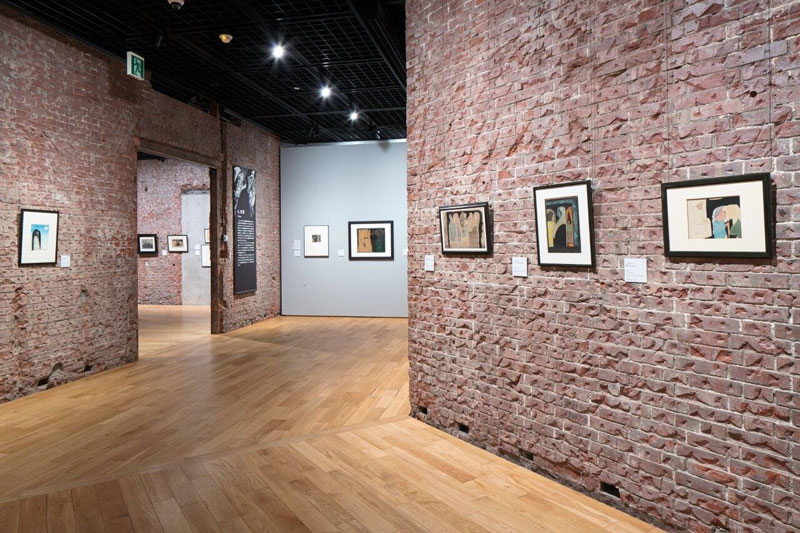
Second-floor exhibition room at the Tokyo Station Gallery ©Wakabayashi Hayato
Tokyo Station first opened in 1914, designed by architect Tatsuno Kingo. Built as a symbol of the Meiji government’s push for Western-style modernization, the station featured striking red brick walls and white-framed windows inspired by the elegant Queen Anne style of Britain.
However, during the 1945 air raids, the third floor was destroyed, and the building continued to operate as a two-story station in the postwar years.
After being designated an Important Cultural Property in 2003, extensive restoration work began in 2007, recreating its original form. The station was finally restored to its former glory in 2012.
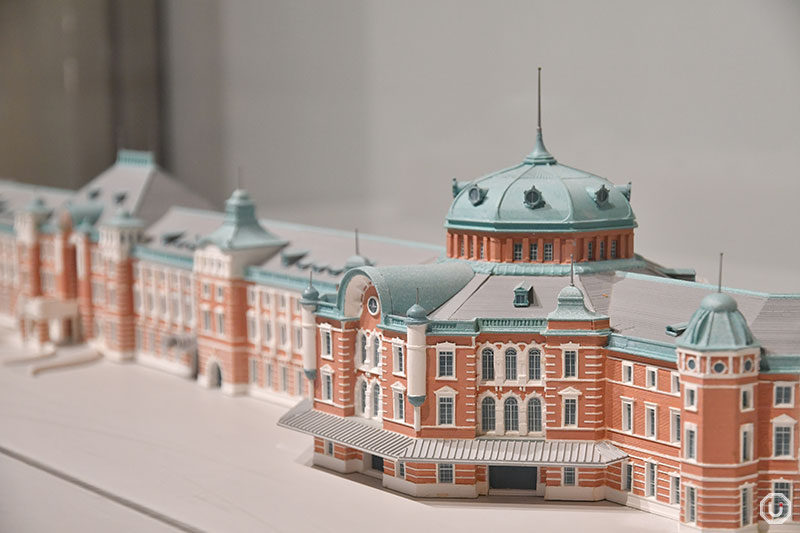
Model of Tokyo Station as it appeared at the time of construction
Inside the Tokyo Station Gallery, housed within this revived station building, traces of its history remain etched into the very walls. Charred wooden bricks from wartime fires, and handwritten marks left behind by craftsmen during construction, can still be seen on the first and second floors.
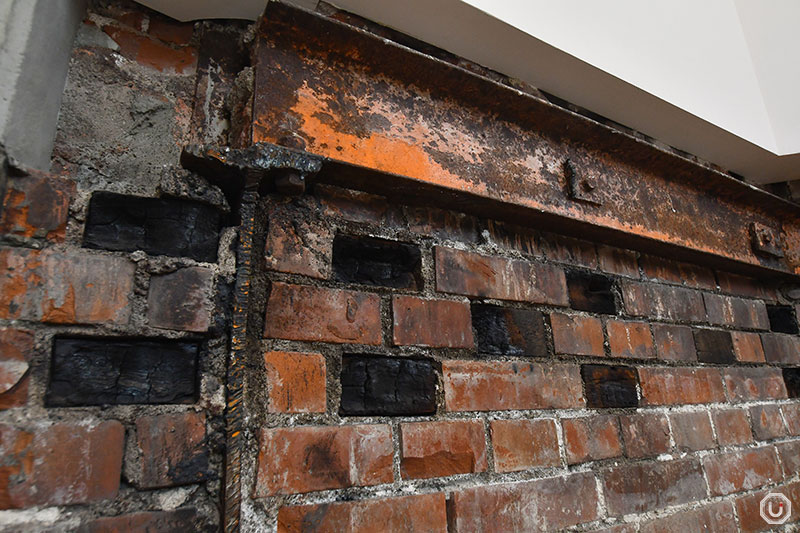
Bricks from the time, left exposed without interior finishes, revealing the raw structure
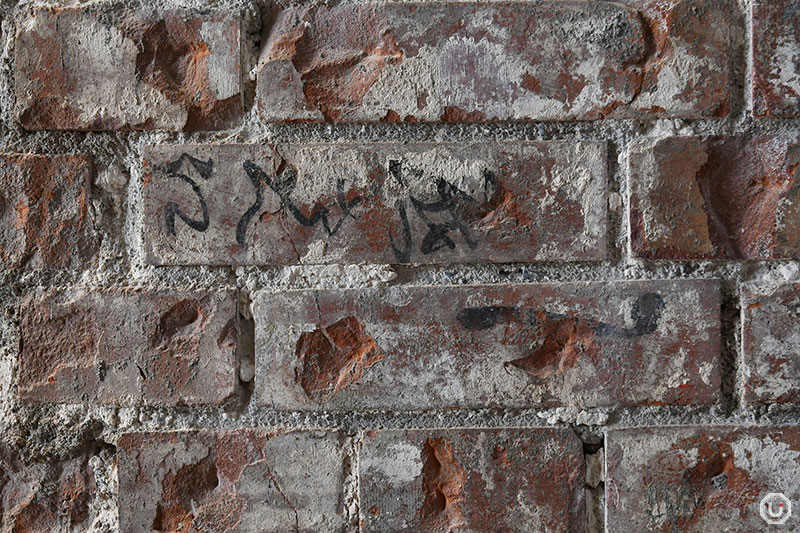
Turned vertically, the bricks reveal writing: “Noshi” and “Dear Mr. Kuma”
One of the most unique experiences at the Tokyo Station Gallery is how the architecture itself tells the story of the past.
A delight for architecture lovers: Tokyo Station Gallery
Look up as you climb the museum’s staircase, and you’ll see a historic chandelier softly casting its glow.
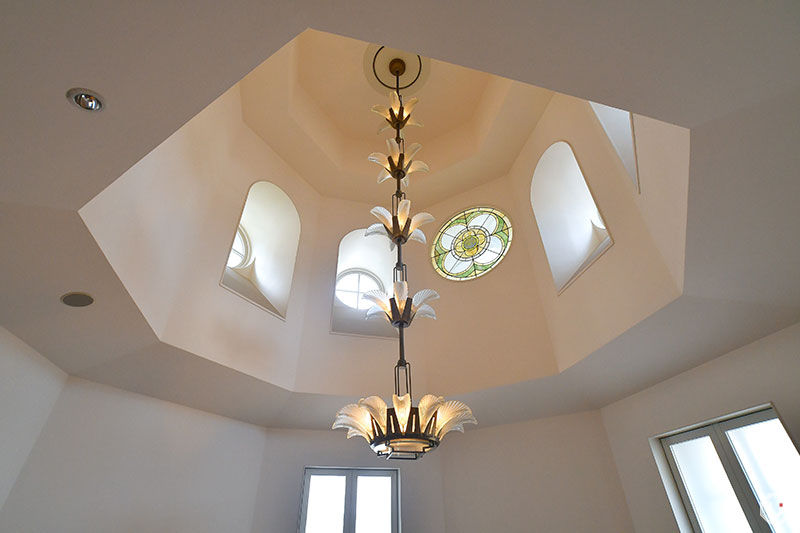
A chandelier relocated from the original entrance of the museum when it first opened
This chandelier was originally installed at the museum’s first entrance near the central ticket gates when the museum opened in 1988. Today it has been relocated to its current spot, continuing to illuminate the space across the decades.
Meanwhile, the domed ceilings of the station feature reliefs of the twelve zodiac animals, reflecting architect Kingo Tatsuno’s vision of blending Western-style architecture with Japanese motifs.
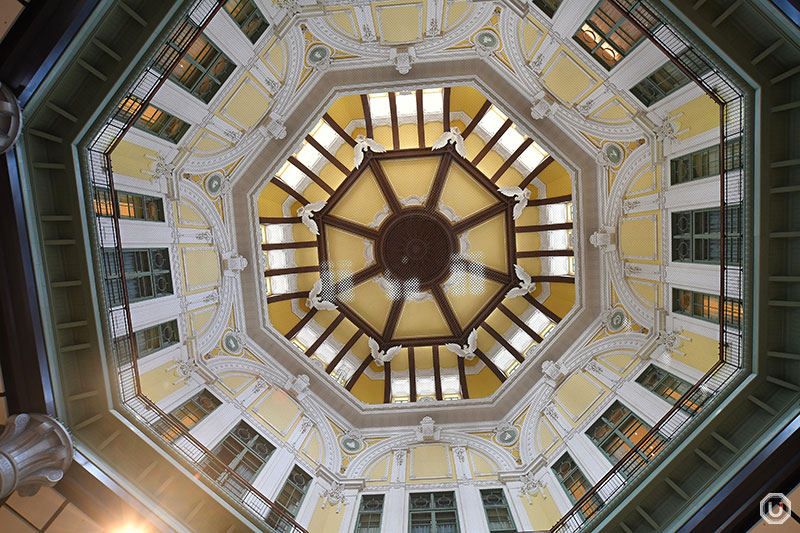
The domed ceiling of Tokyo Station’s North Entrance
When you pay attention to these details, you realize the Tokyo Station Gallery is not just an exhibition space, but an architectural artwork in its own right, embodying the very best of Japan’s modern architecture.
Inside the museum, don’t miss the permanent display of original architectural documents and models from the station’s construction. These materials reveal Tatsuno’s design philosophy and the cutting-edge building techniques of the era.
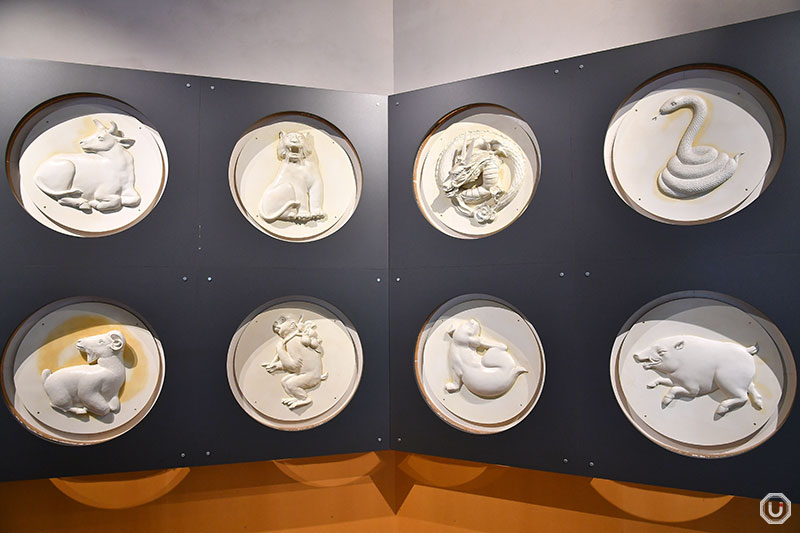
Molds used for the dome ceiling reliefs are also on display
The models and construction parts displayed in the quiet corridors are a treasure trove for architecture fans. Visiting the museum means not only enjoying art exhibitions but also discovering architecture and touching history.
Interactive program: “Renga (brick) Touch & Talk”
During special exhibitions, the museum holds its interactive “Renga (brick) Touch & Talk” program twice per exhibition period. Here, visitors can learn about the architectural features of the building through guided tours.
On the tour, you can even touch some of the original bricks from the station’s construction, experiencing the architecture not just with your eyes but with your hands.
Currently, through November 9, 2025, the special exhibition “Chintz A Global Story: The Karun Thakar Collection” is on view. The centuries-old chintz textiles resonate beautifully with the museum’s red brick setting, creating a striking exhibition space.
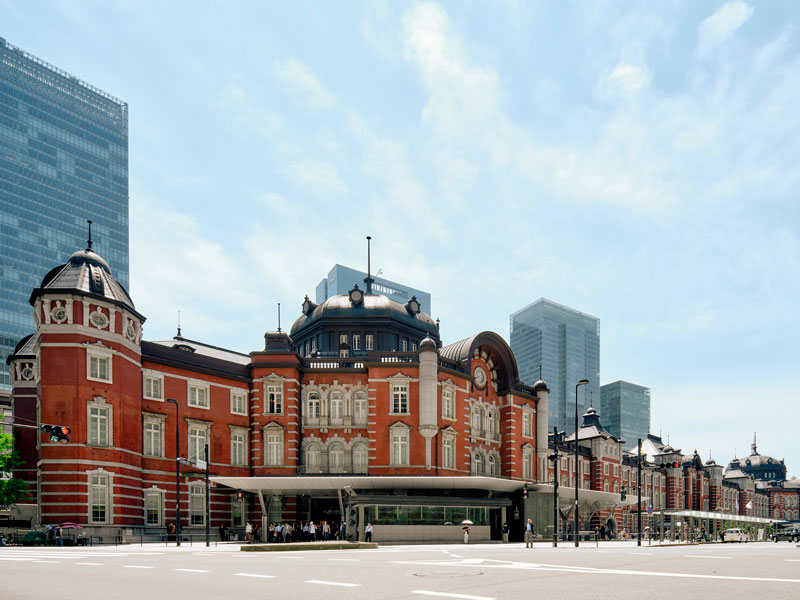
Tokyo Station viewed from the Marunouchi North Exit ©Yanagi Shinobu
The Marunouchi side of Tokyo Station has stood quietly for over a century, even as the city around it continues to evolve.
Immersing yourself in the museum’s exhibitions while engaging with the century-old memories embedded in its architecture is an experience unique to the Tokyo Station Gallery.
Step into this living cultural landmark, where history and the present harmonize, for an unforgettable encounter with both art and architecture.
Facility information
| Name | 東京ステーションギャラリー TOKYO STATION GALLERY |
|---|---|
| Address | 1-9-1 Marunouchi, Chiyoda-ku, Tokyo
|
| Access |
Tokyo Station(TYO) Short-walk from Tokyo Station Marunouchi North Exit
Tokyo Station(TYO) 3-minute walk from Exit M12
|
| Phone number | 03-3212-2485 |
| Hours | Mon-Thur. & Sat-Sun(last admission is 30 minutes before closing) Fri. 10:00-20:00(last admission is 30 minutes before closing) |
| Closed | Monday(open if Monday is a nat’l holiday; closed the following weekday, New Year’s holidays * Open on Mondays during the final week of special exhibitions, Golden Week, and the Obon period * Closed irregularly for exhibition changes. For details, please check each exhibition’s information page |
| Admission | Price varies by exhibition for details, please check each exhibition’s information page |
| Official website | https://www.ejrcf.or.jp/gallery/ |
| Pamphlets | Available in Japanese language * Limited to information about the “Brick Walls” |
| Exhibit audio guides | None |
※All museum information in this article is accurate as of September 2025.
